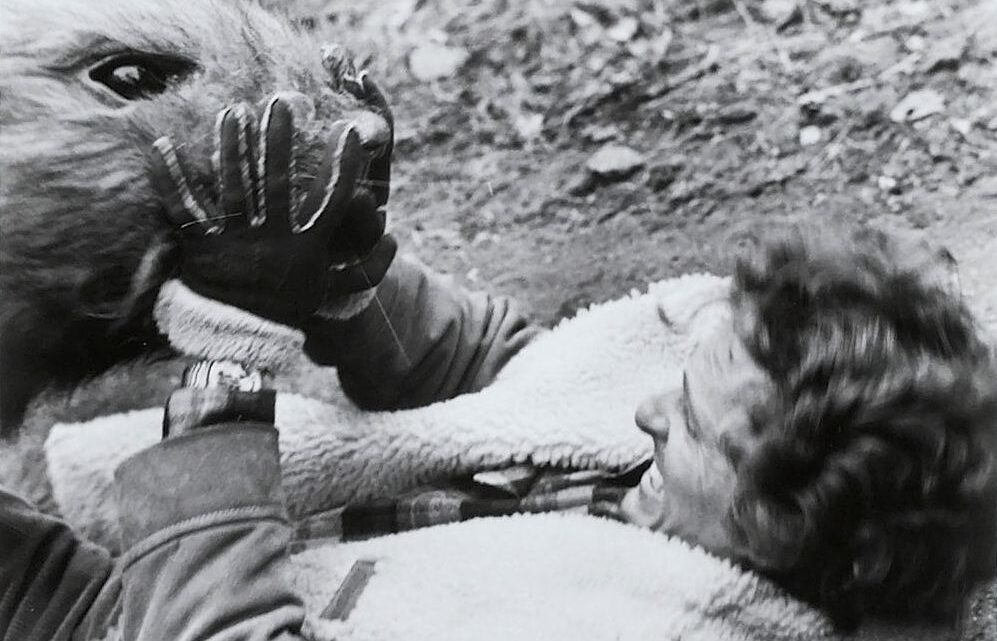The Fear of the Gods
February 3, 2014
In The Food of the Gods and how it came to Earth, the British writer H.G. Wells presents Herakleophorbia IV, a nutrient that makes anything grow to about six times its regular size. The story takes the reader, rather uninspired, through the regular motions of such a plot. Careless scientists, terrifying and deadly wasps and eventually giant kids and angry mobs of little people fighting it out for power. Much like Robert Bloch’s This Crowded Earth the book’s single most important dramatic tool is the primitive activation of fear, thereby making any scenario other than disaster completely impossible. We learn very little about the immense opportunities, the feeling of incredible abundance, and the thrill of the experience of the shape shift. The author, by default, defines his imagined space as condemned. Wells has no intention to explore possibility but displays a typical need to project pre-programmed biological and cultural patterns of rejection. The fact that we so readily accept such a scenario is just as telling as its predictable occurrence.
The Incredible Shrinking Man doesn’t deny the challenges we need to overcome while we move towards a smaller human species. But the exploration of this imagined space has mostly been too much defined by anxiety. Mental preparation for such radical change cannot just be the result of fear management and a list of to do’s in case of emergency. To be able to recognise and embrace the possibilities of a smaller human race we need to enrich the imagined sphere of the small in both quantitative and qualitative ways. To counter deeply embedded cultural patterns of non-observation we must really enter into the mind and matter of the Incredible Shrinking Man and create visions and experiences of a future we want to pull ourselves towards. If we’re ever to harvest the riches of shrinking we must imagine those riches first.
[…] the idea of a human species with an average height of 50cm, initially most people express their fear for cats and dogs and how our diminutive size might affect our relationship with them. The […]